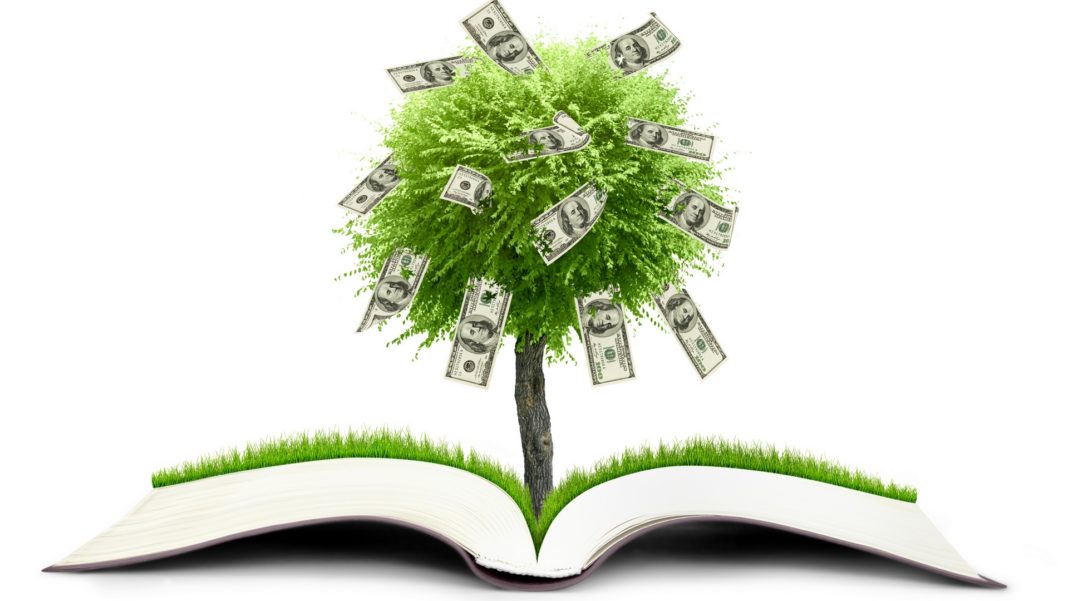It is never too early, or too late, to begin developing financial literacy, taking control of your finances, and putting yourself on the path to financial security. Being financially literate allows one to earn more, spend less, and get the things he or she really wants. To develop financial literacy at any age, follow these steps.
Become familiar with your household finances
Know how much money you have coming in, how much goes out, and where it goes. There are several things that you can do to familiarize yourself with your finances:
a) Review your bank statements. Find out how much of your money goes into the bank and for what, other than your monthly bills, it comes out.
b) Go through your monthly bills. You should know exactly whom you pay each month, for what, and how much you pay them.
c) Scrutinize your credit card statements. Learn how much you pay on your cards each month, what your total balance is, and how you use your cards.
d) Track your loans. Know how much you owe and how long it will take to pay if off making the regular monthly payment each month.
Set a financial goal
Financial responsibility is easier when you are working towards a goal. Decide to remodel the bathroom, purchase a new vehicle, or upgrade your television set. It does not matter what your goal is, just that it is something you want for which you will have to save
Develop a budget and stick to it
Once you know how much money you have coming in and going out, and you have a financial goal, you will need to develop a budget that allows you to save towards your goal. To develop a budget that you can stick with:
b) Keep a record of your monthly spending for several months. Include groceries, gasoline, clothing, lunches and dinners out, dry cleaning, school expenses, etc. You want to be sure that your record is an accurate picture of how you spend your money.
c) Write a spending plan using your spending record as a guide, eliminating unnecessary expenses, and decreasing those, which may be too high.
Educate yourself on personal finance
Look for organizations in your community that can help you learn more about personal finance, with articles, activities, and classes.
Places to check for information include banks or credit union, nonprofit housing organizations, employee assistance programs, and religious organizations.
You may also want to check with your local college or university to see if they offer personal finance or economic classes you can take.
Avoid common money management mistakes
There should be more money coming in than there is going out. Oftentimes, simple things people do or do not do, throws that balance out of whack without them realizing it.
Living on credit. Charging merchandise to credit cards or taking out loans to purchase large ticket items is not living within your means. If you are not living within your means, you are incurring bad debt, which may dig you into a financial hole, of which you cannot get out.
Not setting financial goals
It may not sound like a huge mistake to not have a financial goal, but if you have no real reason to manage your money well, you are not as likely to do it. A financial goal will give you something to look forward to and work towards.
Calling luxuries items necessities.
Learn the difference between good debt and bad debt
Not all debt is created equal. Here is how to tell the good debt from the bad debt:
Debt, which creates value and helps you to build wealth is good debt. The most common example of good debt is a mortgage. The value of the home increases as the amount of the debt decreases and you build equity in the home. School loans are also considered good debt because of the potential value of a degree you earn acquiring the debt.
Debt, which continues to increase, as the item purchased with it decreases, is bad debt. Credit cards are the number one bad debt among consumers. The items purchased on the card decrease in value, while the interest you are charged on them increases each month you do not pay off the credit card. Car loans are also bad debt because the value of the car decreases more quickly than the principle of the loan.



